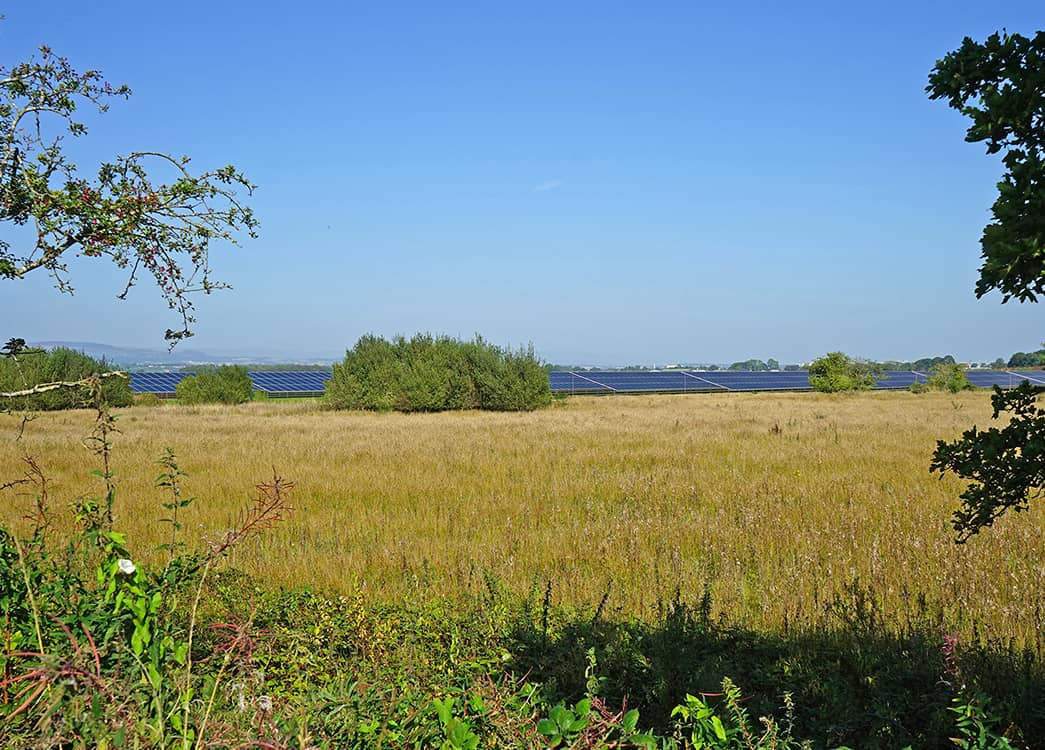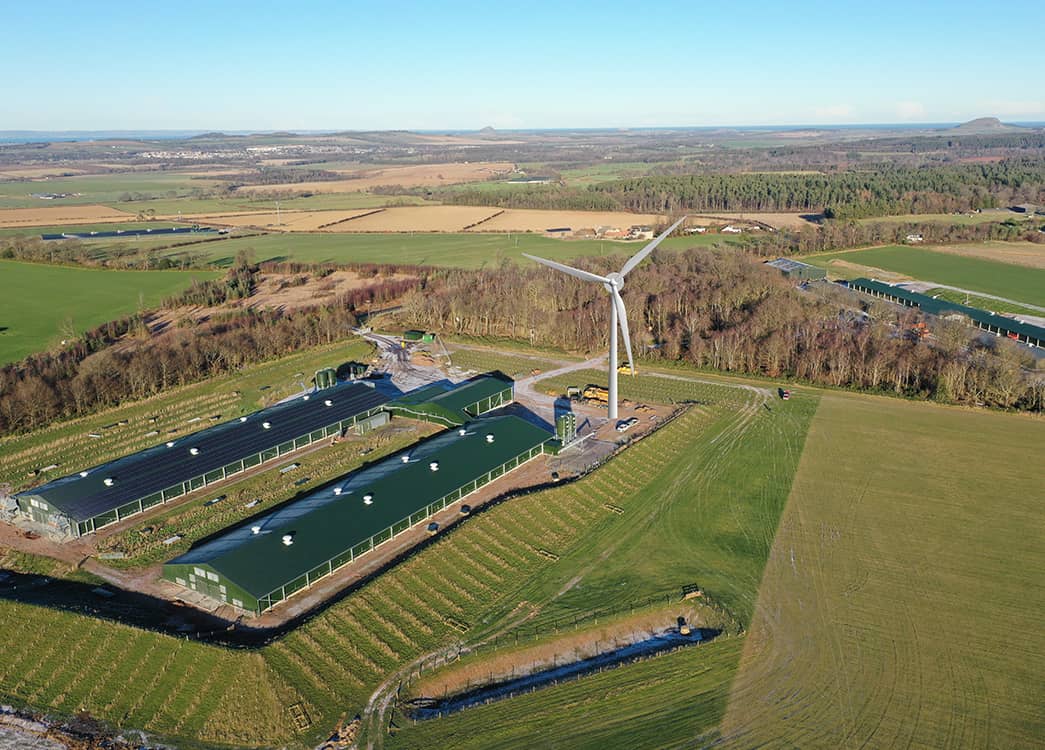05

HAS THE APPEALS PROCESS BECOME A COSTLY GAMBLE?
Anna Balls, Lead Project Consultant at Cogeo

On the 9th of June, 2025, the Scottish Government introduced fees for planning appeals. In this article, we examine what has changed and how they may impact approaches to planning applications, providing insight for your planning strategy.
New fees are now in place for planning appeals and local reviews in Scotland, making it the first nation in the UK to introduce such charges.
Fees vary by application type, from up to £71,424 for large-scale developments to £143 for household appeals.
Why it matters



Exploring the industry viewpoint.
The introduction of appeal fees has sparked debate across the planning and development sectors. While some welcome the shift as a way to streamline processes and reduce frivolous appeals, many are concerned about the broader implications, particularly for legitimate projects that now face a higher financial hurdle. From developers to legal professionals, the message is clear: with the expectation for applicants to pay, the system must deliver greater transparency, faster responses, and consistent decision-making.
FEES MUST MATCH SERVICE QUALITY
The introduction of planning appeal fees has raised questions amongst the industry about whether the planning appeals system and processes will improve in return. If applicants are being asked to pay more, the planning system must deliver more in return. Faster decisions, more transparent communication, and better consistency are at least what we should all expect.

RISK OF DISCOURAGING LEGITIMATE APPEALS
There’s genuine concern that high fees, particularly for major developments, could deter applicants from challenging legitimate appeals and poor decisions. Not because they agree with the outcome, but because the cost of appealing is now too high to justify. This could embolden inconsistent or risk-averse local authority refusals if left unchecked.

POTENTIAL LEGAL CHALLENGES AHEAD
Some in the legal and planning community are questioning whether the scale of the fees is reasonable and proportionate. If not, legal challenges may emerge.

UPFRONT STRATEGY NOW CARRIES MORE WEIGHT
With appeals becoming more costly, the emphasis shifts heavily toward getting the application right first time. A strong, well-evidenced submission with early expert input is not only desirable but critical.

There’s a sense across the sector that accountability matters more than ever, where local authorities and DPEA will need to demonstrate that the system is working fairly and efficiently, now that applicants are footing a greater share of the bill.
GUIDING YOUR PLANNING SUBMISSIONS
For developers and landowners, the stakes have never been higher. Appeals are no longer a low-risk safety net, meaning that the success of a project now hinges on getting it right first time. At Cogeo, we believe this change reinforces the importance of early planning strategy, something we’re certainly known for with clients, ensuring that every application is supported by substantial and comprehensive evidence, clear design, and expert analysis from the start.
These fees sharpen the spotlight on rigorous design-focused preparation. You’ll want all evidence, specialist reports, and clear justification from day one.
With more subjective issues such as landscape and visual impact, the risk of appeal is greater, which can disproportionately affect the likes of wind turbine and solar farm applications.
Think of your appeal like a court case: you’re the one presenting the evidence. Weak applications = weak appeal outcomes, and now with additional cost added.
While costly appeals could discourage some clients, focusing heavily on precision, professional guidance, and good site design from the outset gives the best chance of avoiding the appeals process delays, stress and now, cost.
WHAT YOU CAN DO NOW
Action: Why It Matters
Audit your application: Make sure all relevant reports are commissioned and submitted with the main application.
Design well and early: Avoid last-minute fixes — appeal documents can be frozen once applications are submitted.
Budget for appeal risk: Weigh the cost of a possible appeal fee against the likelihood and benefit.
Stay informed: Scottish regulations may evolve further, with potential tweaks to fee levels or appeal procedures.

This change highlights one key point
Get your application right the first time or run the risk of added project challenges, delays in construction, and a pay-to-appeal gamble. Strong, precise applications with complete and structured documentation are no longer optional; they’re essential.
“The introduction of appeal fees raises the stakes for developers. Our continued role is to remove that risk by building clarity and confidence into every application we deliver,” says Dave Anderson, Director of Cogeo.
Our mantra has remained steadfast: Clarity is Confidence. Be certain you believe in your project. We’ve always advocated to ensure the foundations are right the first time, and you avoid gambling with your project’s success.
I think we’ll all agree, an appeal is maybe no longer that appealing.



